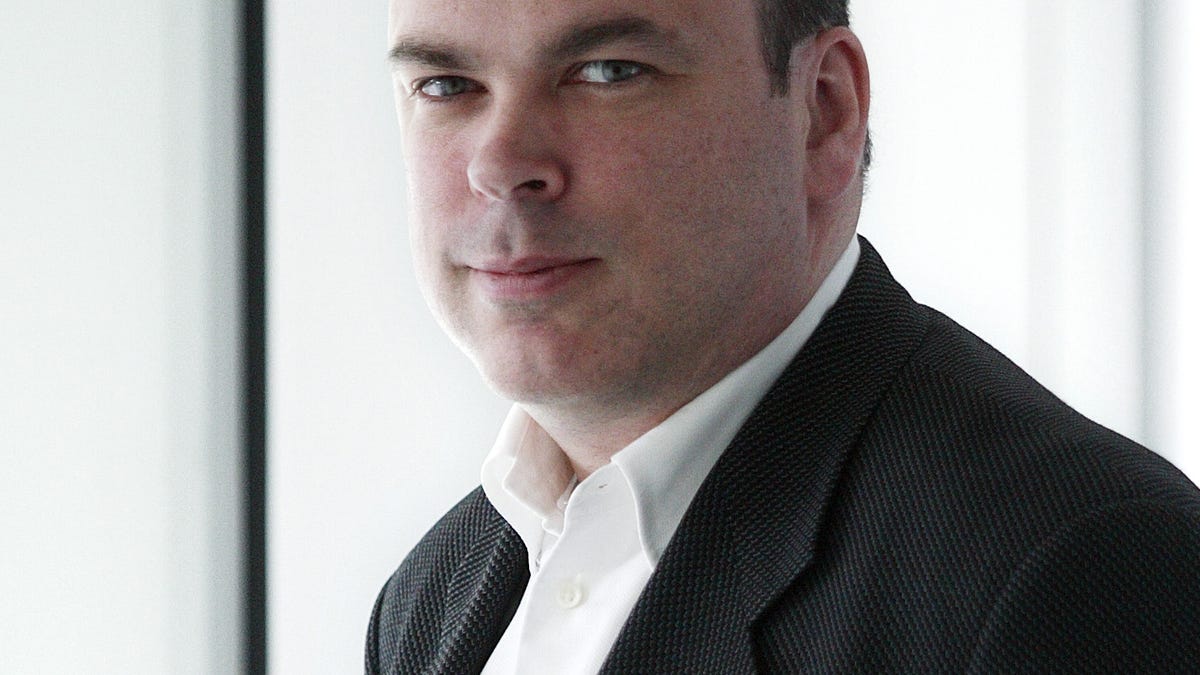Hewlett-Packard just whacked the wrong executive
If you're looking for a scapegoat, Mike Lynch offers an easy target, but Meg Whitman ought to take a long, hard look in the mirror.

Nine months after her appointment as Hewlett-Packard's CEO, the Whitman era began in earnest today with the announcement that HP would fire 27,000 employees.
Twenty seven thousand employees.
Not long after taking over from disgraced Mark Hurd, then-CEO Leo Apotheker saw a fit with Autonomy and orchestrated a controversial deal to acquire the company . The $12 billion acquisition was billed as a way to help HP move faster into software and services and further reduce HP's reliance on consumer demand. Unfortunately for Apotheker, he was expecting too much from this one acquisition. Making matters worse, HP also overpaid. When it came time for the board to decide Apotheker's future, the controversy over Autonomy offered extra ammunition for the board to use when it decided to appoint Whitman as the new CEO.
Now HP is saying that that Lynch is moving on. Autonomy's "license revenue was disappointing, sales execution was a challenge and big deals were taking longer to close," according to finance director, Cathie Lesjak. Whitman read from the same script, adding that Autonomy's problems were "not the product...It's not the market...It's not the competition. This is classic entrepreneurial company scaling challenges -- it's a whole different ball game."
But didn't HP also suffer revenue declines in its imaging and printing division as well as in its enterprise server, storage and networking products groups in the last quarter? The best you could point to were the basically flat performances in the company's PCs and services groups. And while the overall numbers weren't as bad as initially feared, HP still suffered its third straight quarter of revenue and profit declines. (Sales were down 3 percent and profits fell 31 percent.)
After a stinker like that, someone's head was going to roll. So here was Lynch, the outsider brought into the company -- at a platinum price -- by a CEO who got bounced after just a year. If you're searching for convenient scapegoats, how much easier does it get?
So now we move on from this latest act in Silicon Valley's longest-running soap opera. The starring names change -- Fiorina, Hurd, Apotheker, and now Whitman -- but the plot line remains the same. HP is in as bad a shape than ever. Old scripts, old slogans -- Whitman even said on the earnings conference call with analysts Wednesday afternoon that she was "cautiously optimistic" about HP turning the corner. We've heard this stuff a zillion times before. Maybe someone can explain why it's going to work this time? If there's a transformational leader at the helm, this would be a good time to prove it.

